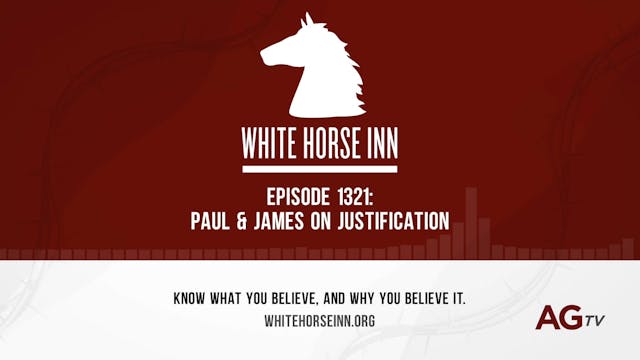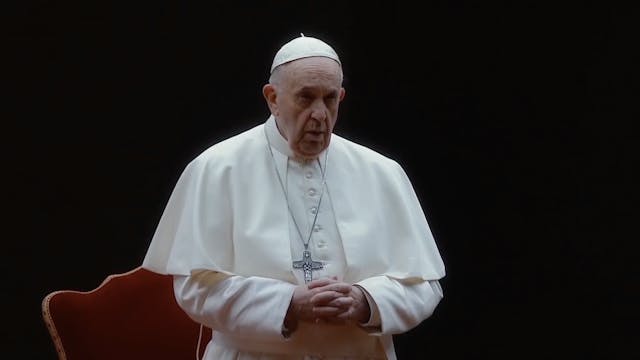At the heart of the Protestant/Catholic division in the sixteenth century was the disagreement over the doctrine of justification by an alien or imputed righteousness. In Catholic theology, justification is conceived as a lifelong process of becoming intrinsically righteous and holy, rather than a once-for-all declaration of “not guilty” to sinners who put their trust in Christ. On this program the hosts walk through the issues involved in this important debate and interact with the views of the sixteenth-century Reformers.
Up Next in Roman Catholicism
-
Paul & James on Justification - The W...
Paul in Romans 4 says that “the one who does not work but trusts in him who justifies the ungodly, his faith is counted as righteousness.” Yet we also read in James 2:24 that “a person is justified by works and not by faith alone.” Do Paul and James contradict each other in the matter of justific...
-
Catholic vs. Christian - The Way of t...
Are Catholics really Christians? What are the differences between them?
-
The Pope Said What? - The Way of the ...
The confusing statements of Pope Francis.




2 Comments